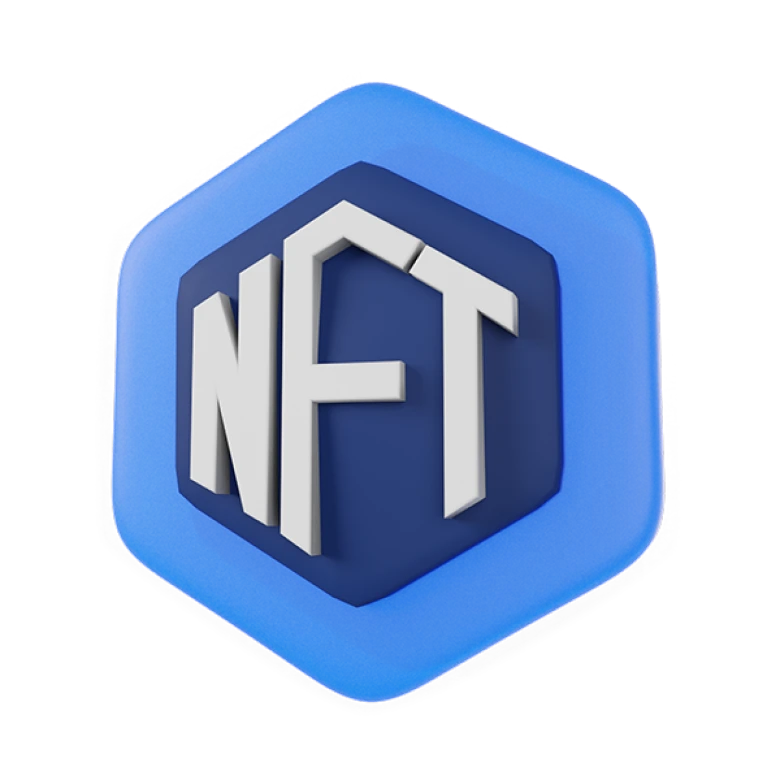NFT
The ecosystems' digital wallet

Non-Fungible Tokens are used to represent ownership interest in one-of-a-kind digital representation of assets, whether physical or digital. The underlying asset’s provenance is established and its custody is secured, both are recorded immutably on the KoreChain after consensus-driven validation.
The process of creating and NFT involves the Originator (original creator of the asset), Asset Digitizer (who creates the digital representation of the asset), Provenance Certifier (who examines and certifies the provenance, as necessary), the KYC/AML Certifier (typically, a FINRA BD), a Custodian (who takes possession of the underlying asset, as necessary), and a Transfer Agent (who ensures a compliant and orderly transfer and recording of the NFTs to primary and secondary investors).

NFT
What is a Non-Fungible Token (NFT)?
What is a Non-Fungible Token (NFT)?
An NFT is a digital asset that represents another one-of-a-kind asset, whether physical or digital.
Why are NFTs used?
• To represent unique and valuable assets as transactional proxies
• To provide immutable and untamperable proof of ownership, whether in part or full
• To facilitate fluidity in trading and transfers of the underlying asset
• To enable decomposition of an NFT into fractional ownership
• To ensure authenticity of the represented asset during delivery or for audit
Technology Capabilities
• Onboarding of the complete characteristics of the NFT’s underlying asset (the issuer of the NFT will be responsible for the mechanism of establishing uniqueness and authenticity)
• Multinode blockchain network of business participants of the ecosystem
• An NFT smart contract
• Mobile App and Wallet for the ecosystem of the asset type
NFT
The KoreNFT Advantage from KoreChain
KoreChain’s KoreNFT (kNFT) solution is specifically designed for creating and maintaining NFTs easily, without code, and with full compliance. The kNFT solution is built on the KoreChain and includes KoreContracts, KoreRules, KoreMessaing, and KoreAPI.

